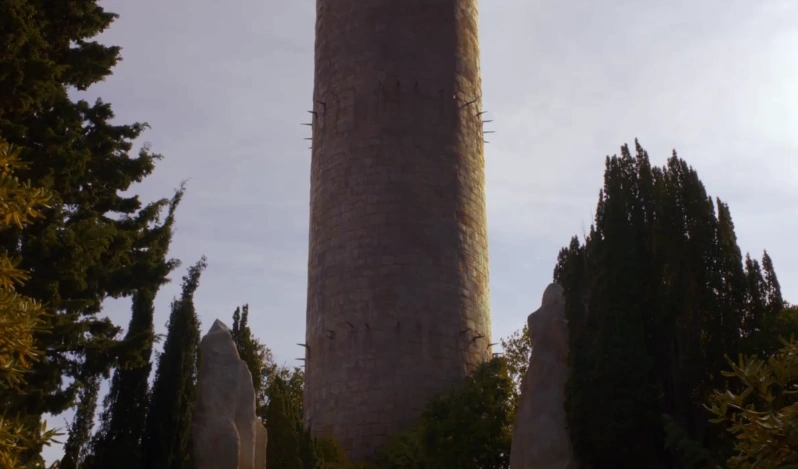Jd Smith1
Hero
This is not correct. You have Shadows being summoned by the Red Witch. You have scrying/augury by the Red Witch. You have Raise Dead by the The Red Priest. You have illusions in the warlock's tower. You have whatever Sorcery is done by the Magisters. The ones that made Varys a eunuch so they could use his junk for magic. You have Domination via wargs. Prophecy in Westeros that Cersei and her friend encountered. And more.
Warlock's Tower? The Red Witch, as I already pointed out, was using finite items, not inherent spell magic. The Magisters, as was made amply clear in the first two books, did not perform magic, but instead were scholars and chemists. The Spider's incident did not occur in Westros, as I already noted. Cerci encountered a fortune-teller, notorious for con games.
You're desperately reaching to apply game concepts to non-magical actions.



